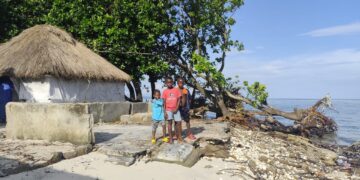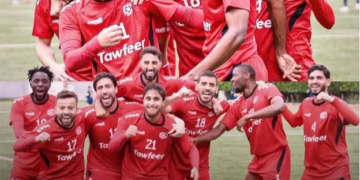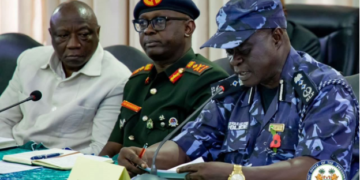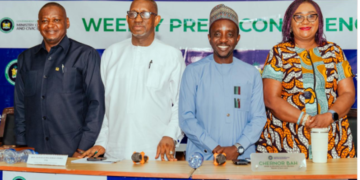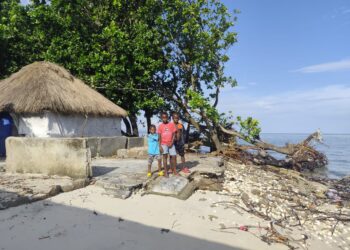By Alieu Amara Suwu
Media Reform Coordinating Group (MRCG), on the 30th of September 2025, conducted a training on transitional justice for journalists in Freetown, bringing together reporters from across the country to strengthen their role in promoting democracy, accountability, and good governance.
The training, which forms part of MRCG’s wider effort to build a more informed and responsible media landscape, focused on equipping journalists with the knowledge and skills to investigate unresolved issues from Sierra Leone’s civil war, amplify the voices of victims, and foster national healing.
Delivering his remarks, Dr Francis Sowa, Chairman of MRCG, said that transitional justice remains crucial for national development, and it is the sacred duty of the media to investigate unresolved issues from Sierra Leone’s post-war experience and bring them to public attention, especially for the younger generation who neither witnessed nor experienced the country’s eleven-year civil conflict.

He further encouraged participants to apply for the MRCG’s upcoming six-month mentorship fellowship, which will select 20 journalists out of the 66 trained nationwide this year. According to him, the application criteria would be released effective October 1, 2025.
He also expressed disappointment that fewer than 20 journalists applied for the last fellowship but remained optimistic that such a situation would not repeat itself this year.
“By the end of business today, we are going to put out the criteria for applications where every interested journalist could apply. At the end of the day, we are only going to select 20 out of the 66 journalists we have trained across the country this year,” he emphasised.
Making his statement, Alhaji Manika Kamara, President of the Sierra Leone Association of Journalists (SLAJ), urged journalists present to take the training seriously, to ask tough questions, and to sharpen their tools.
He further advised them to think critically and, above all, reflect on their role not only as media professionals but as custodians of truth in a society still healing and still hoping.
On behalf of SLAJ, he thanked our partners for making this training possible, and I commend each of you for your commitment to improving your craft and contributing to a more just and informed Sierra Leone.
He described the training as not just about building their capacity but about renewing their commitment as journalists to the values of justice, accountability, and peace. He added that it is about learning how to tell the untold stories — the stories of victims, of lessons learned, of promises kept and promises broken.
He said, as journalists, they are not merely recorders of events; they are watchdogs, educators, and often the first bridge between the truth and the public. He therefore said the unique role places a profound responsibility on them to report on transitional justice not only with accuracy but with sensitivity, context, and courage.
Yeano Kambia, president of the Sierra Leone Reporters Union, described transitional justice as not solely about confronting past injustices but also about building a future rooted in fairness, dignity, and social cohesion.
She therefore said the media must continue to act as a bridge between the people and institutions, ensuring that the voices of the marginalised are heard and that the principles of justice and human rights are kept alive in public discourse.
Besides, she said, the Union was proud to be part of the media space that values continuous learning, ethical reporting, and professional excellence. And commended MRCG for its solid commitment to journalist development and for recognising the powerful role that the press plays in post-conflict recovery and nation-building.
She also called on fellow journalists (participants) to embrace the opportunity.
“Let the knowledge and skills you acquire here be reflected in your daily work, through well-researched stories, balanced reporting, and messages that promote peace and understanding,” she advised.


